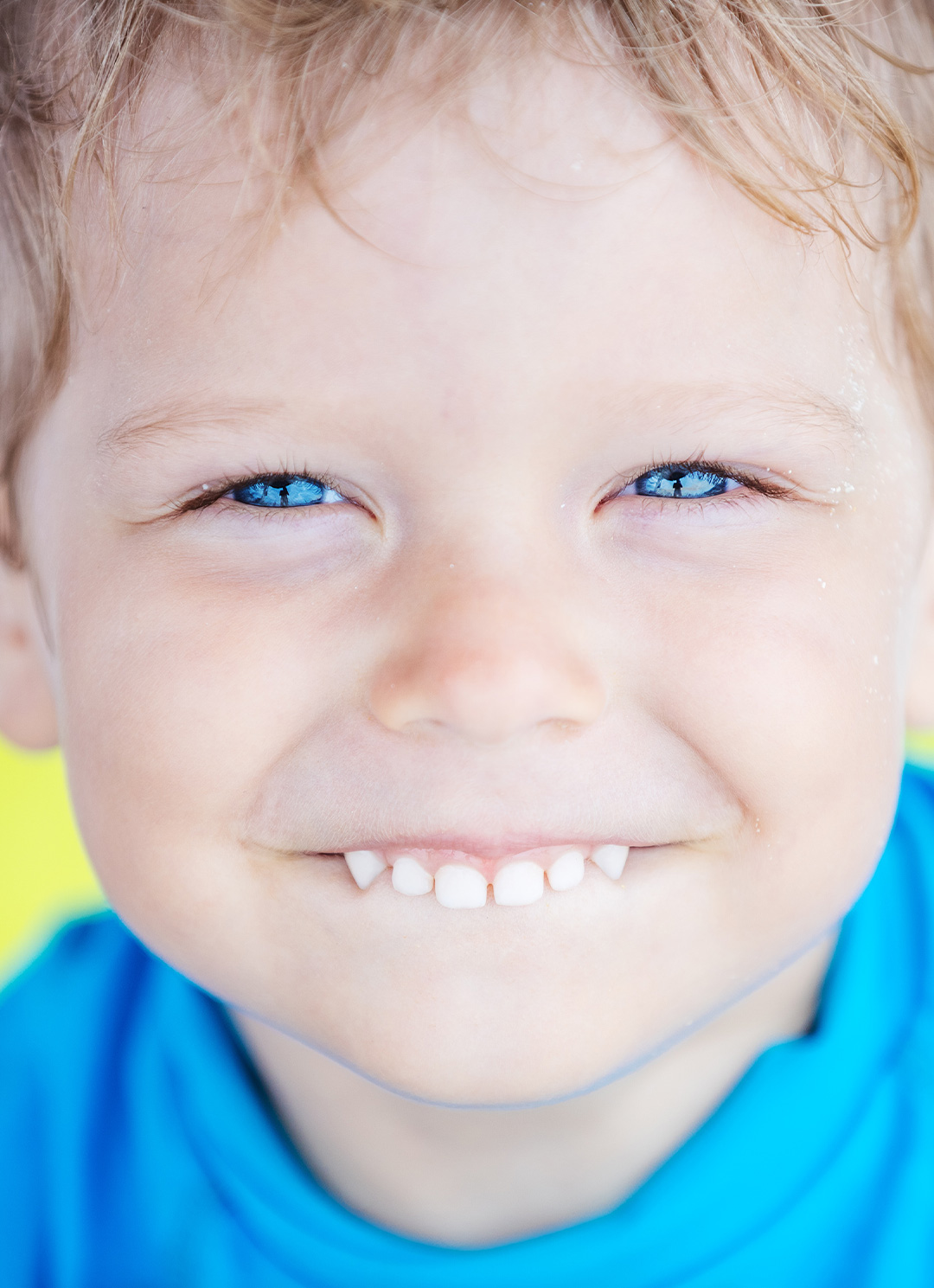WHEN SHOULD I SCHEDULE MY CHILD’S FIRST VISIT?
The American Academy of Pediatrics (AAP) and the American Academy of Pediatric Dentistry (AAPD) now recommend that your child see a dentist upon eruption of their first tooth, or by age 1. By seeing children at an early age, we are able to examine children to make sure that all dental structures are developing normally. More importantly it allows us to speak with parents about diet and hygiene and to discuss prevention. Children that begin early with their dental care, tend to have lower rates of decay because the child is less averse to the dental setting, parents are better educated, and early intervention (when necessary) can be accomplished, so areas of concern do not become major problems later.
Your child’s first visit to our office is designed to be a positive, anxiety-free experience. Our goal is to provide your child the highest quality dental care in a manner that allows them to grow up unafraid of the dentist. Our approach is customized according to your child’s specific needs, both physically & psychologically.
We have a No Restraint policy. Under no circumstances are harsh words or physical restraints utilized. Along with our No Restraint policy, we also have an Open Door policy. Parents are allowed in appropriate patient care areas. Occasionally, we may ask parents to allow us to have some personal time with their child in order to focus the child’s attention on the task at hand if needed and the parent is comfortable.
HERE ARE SOME HELPFUL THINGS FOR YOUR FIRST VISIT:
Be natural, positive & easy-going. Your child will look to you for cues as to what to expect & how to act at their first dental visit. If you appear calm & confident about the upcoming dental visit, so will your child. Speak to them about it as a positive, fun experience – never use coming to the dentist as a punishment.
Please avoid phrases & words such as “it won’t hurt,” “shot,” “drill,” or “needle.”
Talk about the visit. It is a new experience for your child, so let them know the dentist will be looking at his or her teeth to see if they are healthy & straight. Once you arrive at our office, we’ll take it from there.
WHAT CAN YOU DO TO HELP?
- Appear calm & relaxed. Be a role model your kids are watching!
- Be a silent helper. Allow the doctor/staff to build a relationship.
- Pretend not to appear concerned as your child will try to sense your comfort level.
Whether your child is coming for their first visit or has had a not-so-positive previous experience, you can be assured that we will do everything in our power to provide a lifetime of gentle, quality dental care for your child. Please feel free to call if you have any questions, suggestions, or comments.







